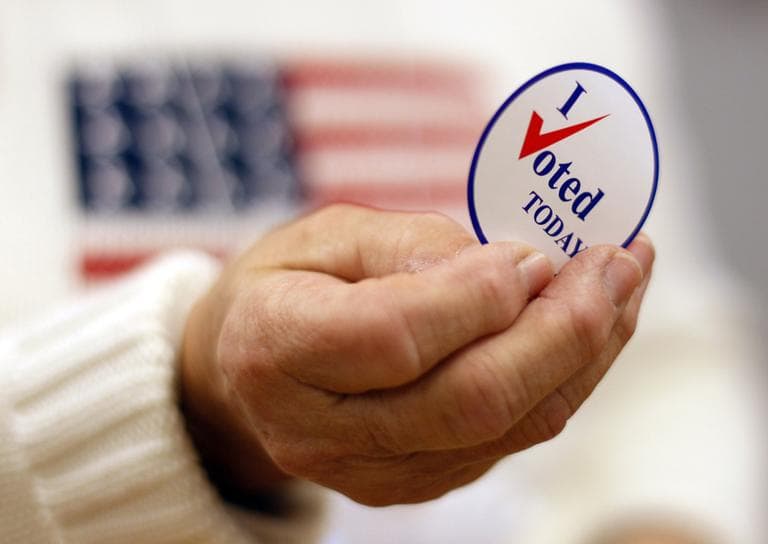Advertisement
Voter ID Laws On The Rise, But Election Restrictions Have A Long History
Resume
"The 2012 general election campaign is likely to be a fight for every last vote... which means it will also be a fight over who gets to vote."
That's how Alexander Keyssar begins his opinion piece in today's New York Times about voter identification laws and other measures that suppress voter turnout.
Massachusetts does not currently require voters to show ID, but there are multiple bills in the state legislature that seek to change that. Meanwhile, two other New England states — Connecticut and Rhode Island — have some level of ID requirements, and in Rhode Island voters will have to show photo ID to vote starting in 2014.
"The problem with the argument that these laws are intended to protect the integrity of the ballot box is that the type of fraud that they would prevent, what’s called in person voter impersonation… As far as we know, that kind of fraud almost never happens," Keyssar said. "There is nothing necessarily irrational about having an ID requirement for voting, most countries have it, but those are countries which have national ID systems and where it is the responsibility of the government or the state to make sure that everybody has an ID. "
According to Keyssar, voter ID laws are just the latest chapter in a long history of voter suppression.
Guest:
- Alexander Keyssar, professor of history and social policy, Harvard University; author, "The Right to Vote: The Contested History of Democracy in the United States"
More:
- New York Times: "The Strange Career of Voter Suppression"
This program aired on February 13, 2012.